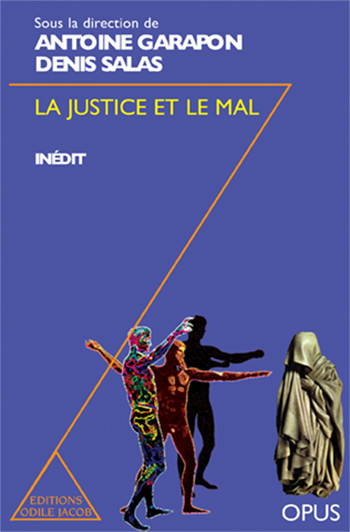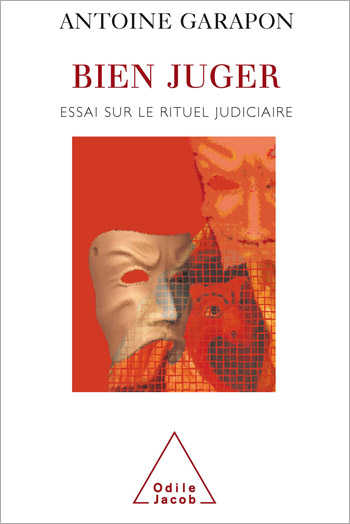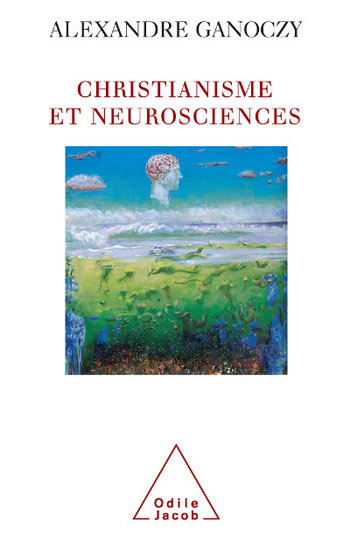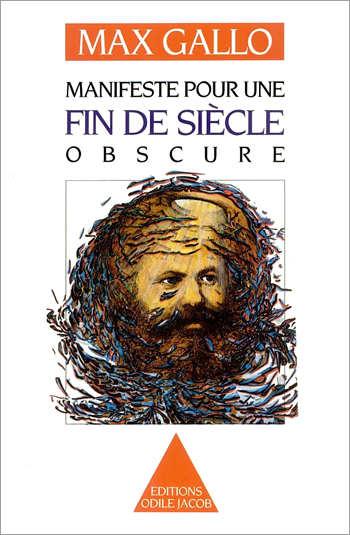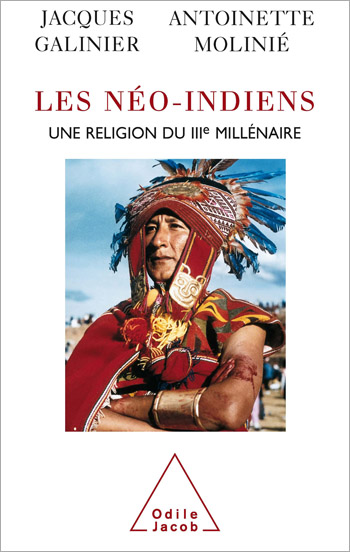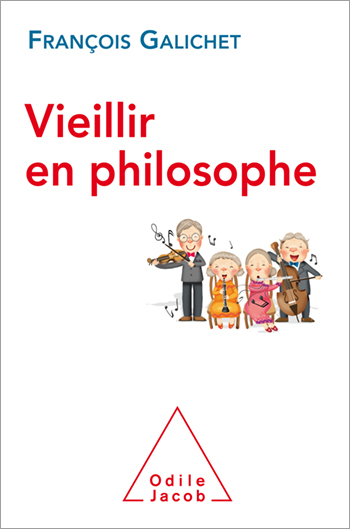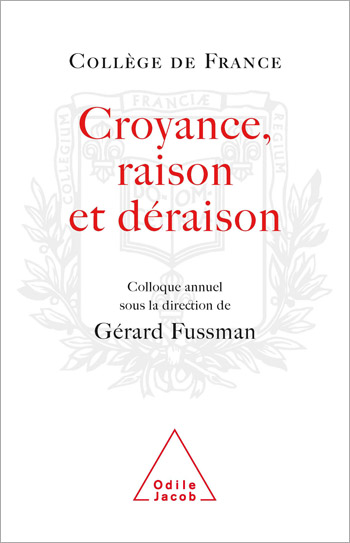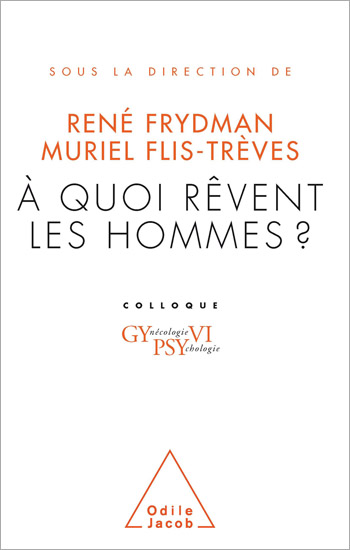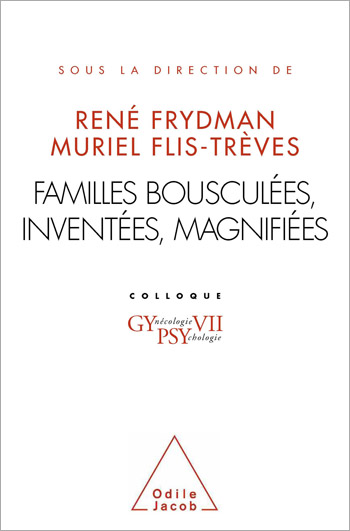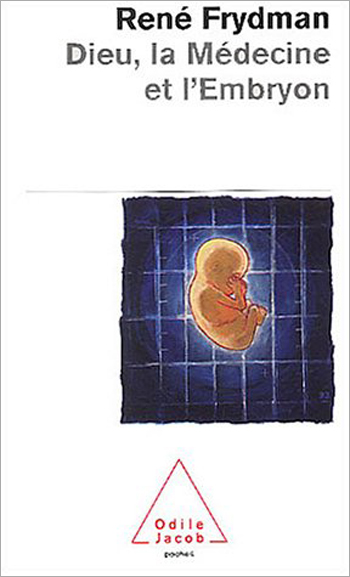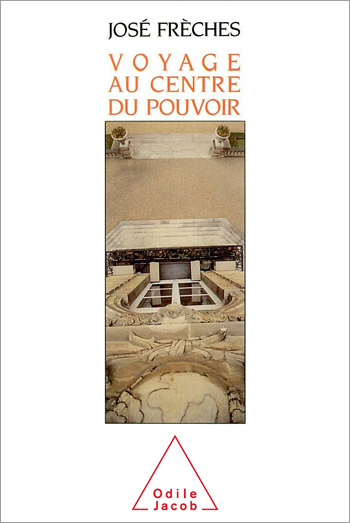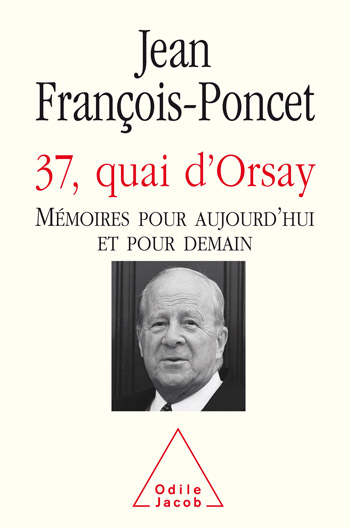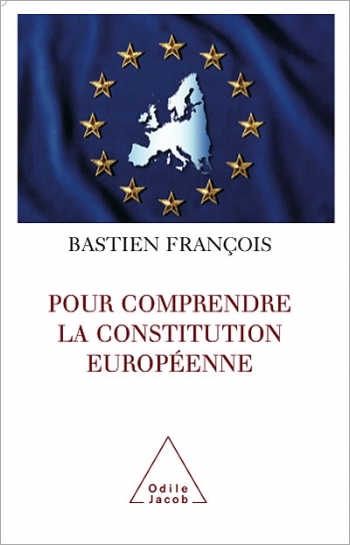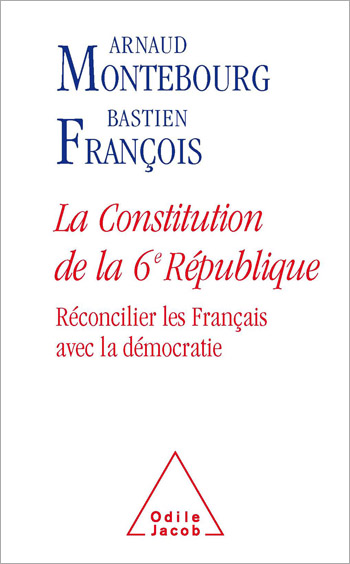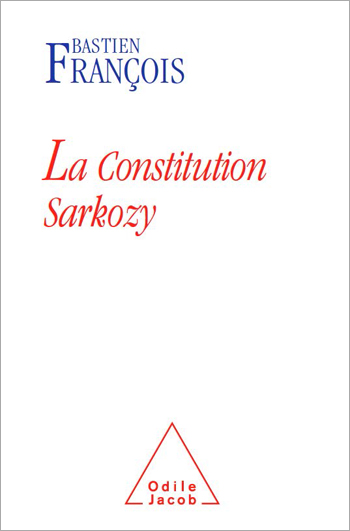Human Sciences All books
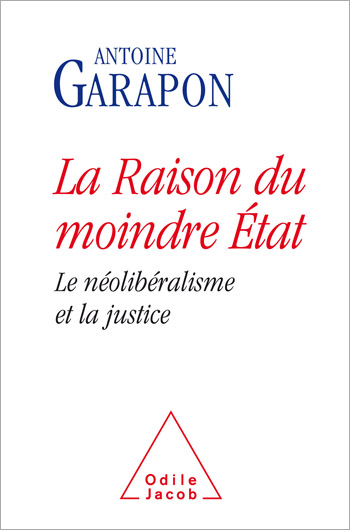
Antoine Garapon
Neoliberal Justice
An indispensable tool of critical thought to reach an independent opinion.

Antoine Garapon, Sylvie Perdriolle, Boris Bernabé
Prudence and Authority The Judge’s Role in the 21st Century
The new role of French judges, according to a report that will be submitted to the government in January 2014
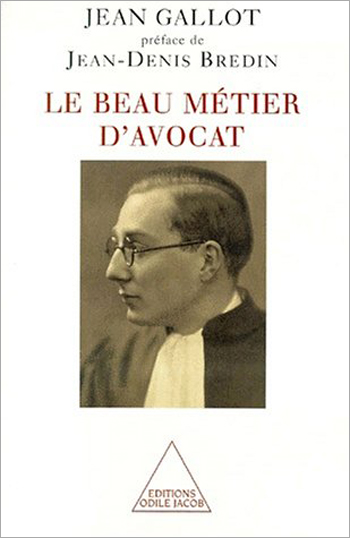
Jean Gallot
The Beautiful Job of Being a Lawyer
Jean Gallot was born at the beginning of the century and studied in Paris. He rapidly made a reputation for himself as one of the most brilliant lawyers of his generation. In this book, he reflects upon the copious experiences of a lifetime, the cases he so ardently defended and his meetings with famous people of the time. This is a precious record of an era, as well as of a profession that is currently undergoing major changes in France.
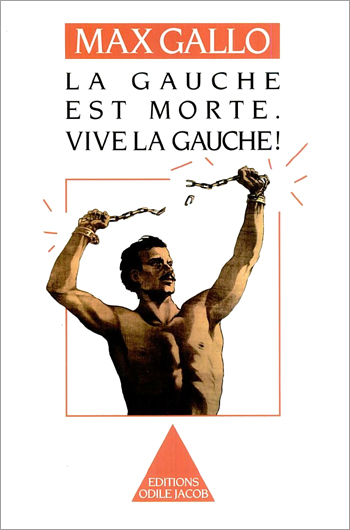
Max Gallo
The Left is Dead. Long Live the Left!
Max Gallo, a man of conviction and a socialist to the core, assesses ten years of Socialist power in France: lost illusions, betrayed hopes, problems left unsolved . This critical picture of contemporary France forgoes personal attacks and concession in an attempt to revive the leftist spirit of progress and reform.
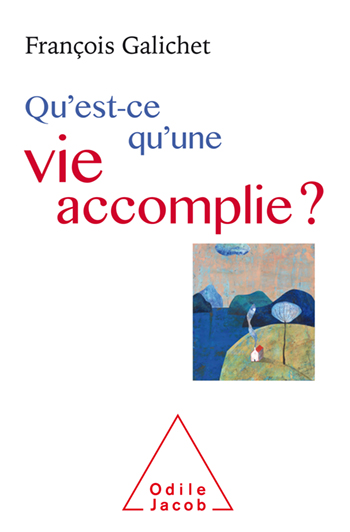
François Galichet
What Is a Completed Life?
François Galichet is a philosopher. A graduate of the École normale supérieure, with a Ph.D. in philosophy, he is emeritus professor at the Université de Strasbourg.
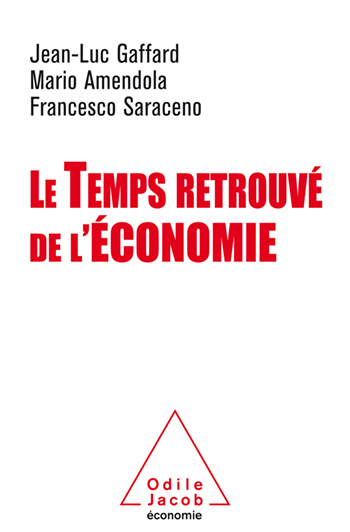
Jean-Luc Gaffard, Mario Amendola, Francesco Saraceno
The Forgotten Time in Economics
An innovative book that completely overhauls economic theory and proposes a more dynamic and more realistic view of entrepreneurs, finance, and possible action by governments.

René Frydman
God, Medicine and the Embryo
With ethical questions raised about medically assisted pregnancies and medical experimentation, the eugenics debate has become a mute point. Yet bioethical legislation has remained ambiguous. René Frydman has made himself the ardent defender of progenics, a predictive and humanistic medicine. Here, Frydman reflects on the problem of the human embryo through the different points of view of science, religion, law, and morality, and answers ethical and religious questions that he has been asked by his patients. René Frydman is a gynecologist-obstetrician and a member of the FrenchEthics Committee.
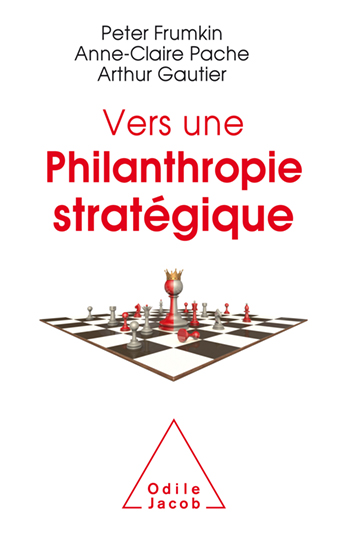
Peter Frumkin, Anne-Claire Pache, Arthur Gautier
Philanthropy as Strategy
Within a French context marked by the polemics created by the fire of Notre-Dame, this book, the first on the subject in France, has the potential to become the work of reference on the subject.
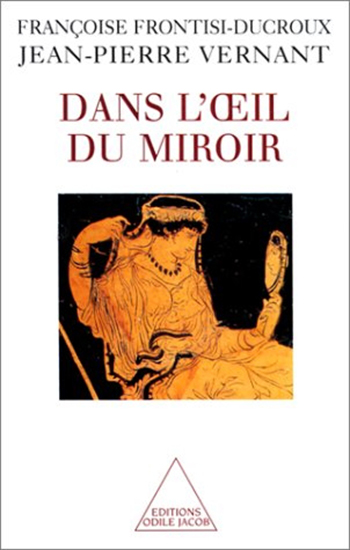
Jean-Pierre Vernant, Françoise Frontisi-Ducroux
In the Eye of the Mirror
How do the Greeks think of themselves ? Why do mirrors rarely reflect the true image of the person that looks into them ? And what image are they trying to project on others ? Formulated from an abundance of literature, iconography, and archeology, this book discusses the beginning foundations of individual representation. It is primarily a study of realities and appearances in an interpersonal society where social and personal status are dependant on how one is viewed and received in society. Secondly, the book analyses sexual identity and what it was in ancient Greece, through the study of a universal symbol, the mirror. Jean-Pierre Vernant and Françoise Frontisi-Ducroux teach at the College of France.
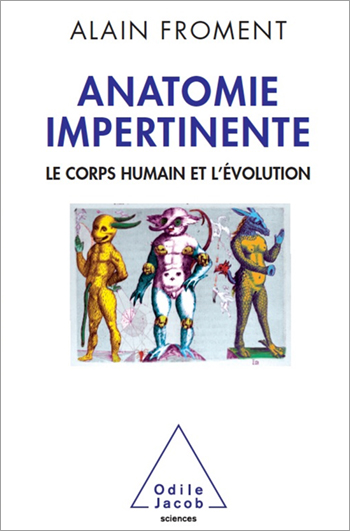
Alain Froment
Amazing Anatomy The Human Body and Evolution
A remarkable description of the human body, as seen through the history and evolution of the many living species that humans evolved from
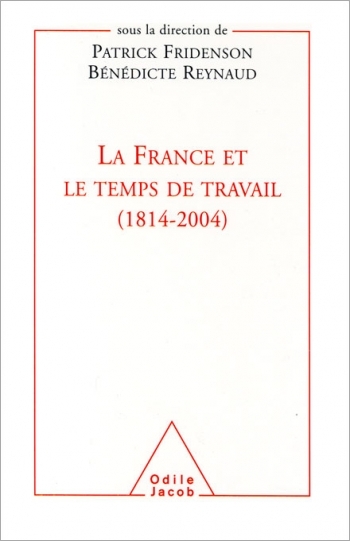
Patrick Fridenson, Bénédicte Reynaud
France and the Age of Work (1814-2004)
In this history about working hours in France during the nineteenth and twentieth centuries, the authors present two highly original theses which go against some established ideas. Their first thesis is that the limitation or reduction of labour hours was not a political, social or economic issue but primarily a question of public health. The authors second thesis is that the movement for shorter hours was never a major demand of the trade unions since absenteeism served to regulate working hours but the policy of national and international institutions. This is a history book which responds to an impassioned issue in recent French political events. Patrick Fridenson is a historian. Bénédicte Reynaud is an economist.
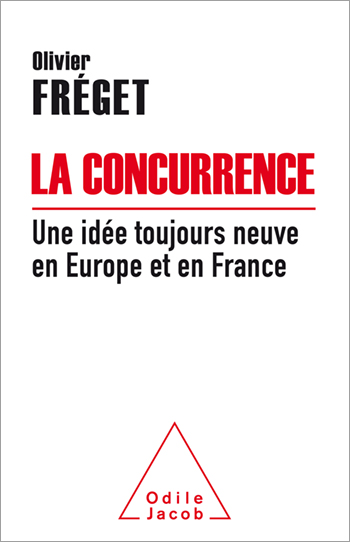
Olivier Fréget
The Competition: An Idea that Is (Still) a Novelty in Europe and in France…
European competition law, in support of pluralism
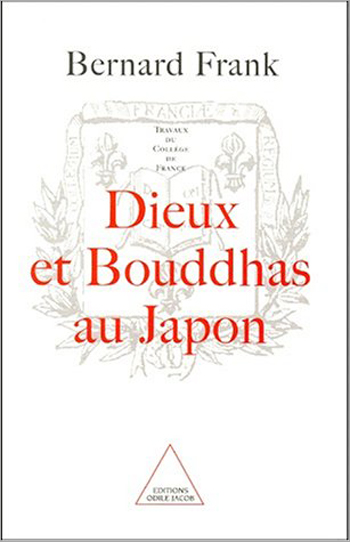
Bernard Frank
Gods and Buddhas in Japan (Work of the Collège de France)
Japanese Buddhism descends directly from the Chinese Buddhist tradition which flourished from the sixth to the eighth centuries.
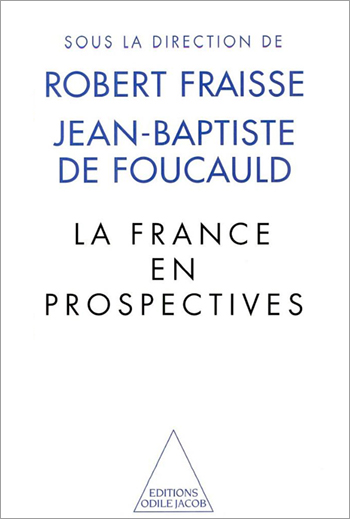
Jean-Baptiste de Foucauld, Robert Fraisse
The France of the Future
What will France be like in twenty years ? Faced with the fear of the future, with the current unease and confusion of French citizens, we need to change the way we look at things. We must stop asking ourselves about individualism in our society and look for answers to the mounting solitude. Stop theorizing about immigration problems and find the keys to demographic evolution. Stop fearing the invasion of the immaterial and start looking for the the new social fabric of tomorrow. We must suggest some possible plans of action and thought processes, provide some sketches of tomorrow's France, among the risks and hopes, to get some new perspectives.
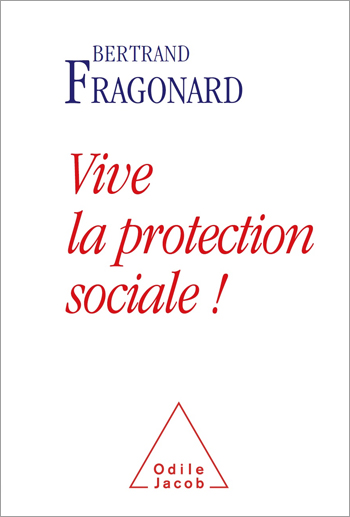
Bertrand Fragonard
In Defence of Social Protection
Does the French Social Security system overspend? In the context of the economic crisis and the need to master public spending...
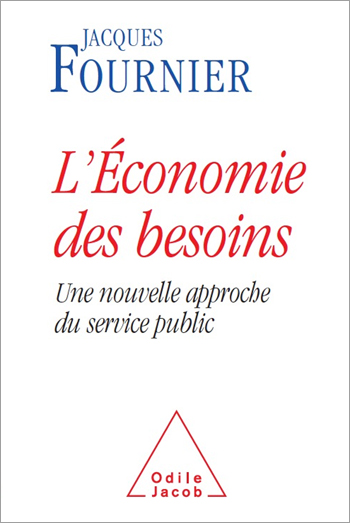
Jacques Fournier
The Economics of Needs
France’s public service scrutinised by a high-ranking civil servant
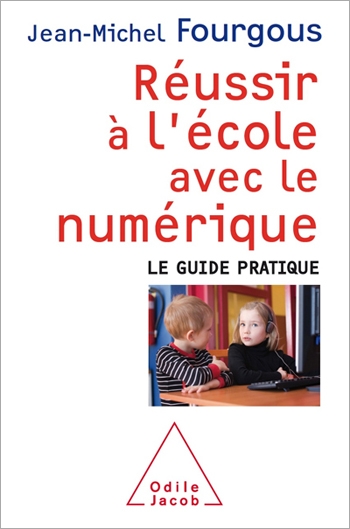
Jean-Michel Fourgous
Academic Success in the Digital Era
Parents and teachers can help children achieve personal and academic success. This book shows them how.

